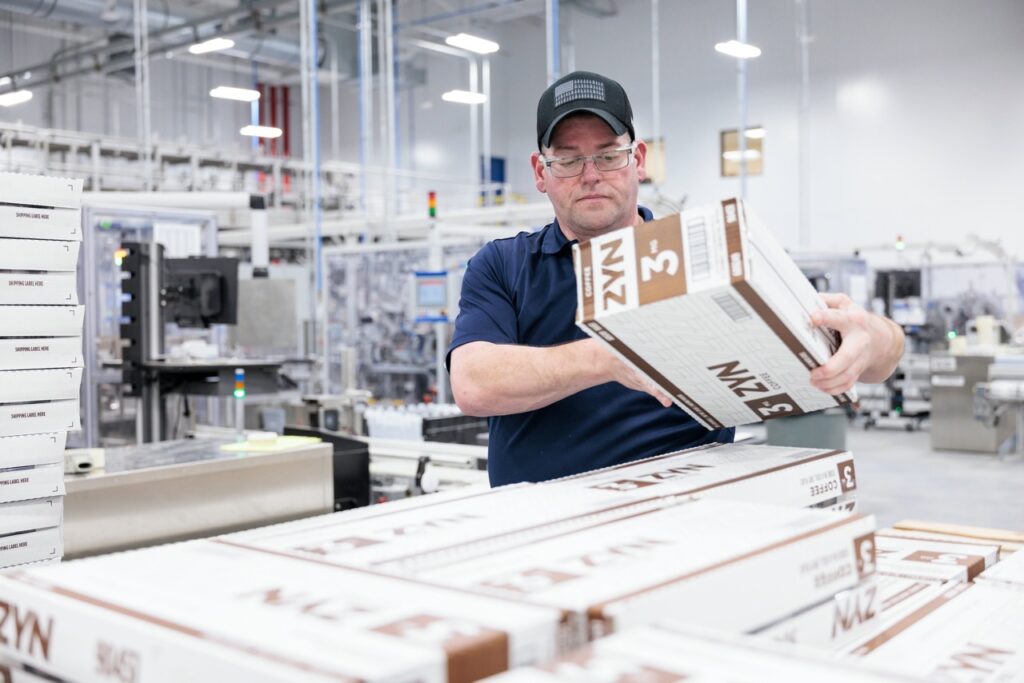Swedish Match employees package ZYN oral nicotine pouches at their Owensboro, Kentucky facility. (Photo: Business Wire)
A recent op-ed published in the Sentinel attacked the city of Aurora over its recent economic development win with Philip Morris International, with a false byline asking, “Why is Denver receiving investment from tech companies, AI, healthcare and more, while Aurora is being given a nefarious industry?”
The author is an executive director of the Foundation for Drug Policy Solutions and believes he knows a lot about the dangers of illegal drugs, but he has no expertise in economic development.
Here are the facts: Aurora is a leader in the Denver metropolitan area in attracting quality major employers across a variety of sectors: Since the beginning of 2022, Aurora has used economic development efforts to attract employers in the following industries:
Aerospace: 555 jobs Manufacturing: 650 jobs Distribution: 720 jobs Production/Product Services: 468 jobs Data Centers: 15 jobs
This is not a complete list and does not include the thousands of new jobs Aurora has added in the health care sector at the Anschutz Medical Campus, which now employs more than 16,000 people, and dozens of other medical facilities across the city, or the jobs added in the defense industry supporting Buckley Space Force Base and its associated missions, which now employ more than 12,000 people.
This new Philip Morris International facility in Aurora will employ over 500 Aurora residents with an average salary of $90,000. In addition to a $600 million upfront investment, this new facility will generate hundreds of millions of dollars in tax revenue for the City of Aurora. This revenue will be used to pave roads, hire police and firefighters, and build a new library for residents. Additionally, the $7 million in incentives are performance-based, a small rebate on an entirely new tax, not a taxpayer subsidy.
The reality for responsible policymakers is that they must meet the demands of a growing city with limited resources. As Aurora grows, so does the demand for new city services, like new roads and other urban amenities. To meet this demand, Aurora needs to attract major employers to the city and transition from a commuter town to a thriving city that meets the needs of its residents.
Our diverse economic development strategy reflects the realities of the 21st century. We compete not only with other cities in Colorado, but with cities across the U.S. Aurora has been a leader in attracting quality employers to the city, and we are poised to continue to compete for years to come.
In fact, most of the residential, commercial and industrial growth that will occur in the Denver metropolitan area over the next few decades will happen in Aurora. That growth will mean Aurora will be less reliant on retail sales taxes. That’s a good thing, as it means we’ll be even less vulnerable to economic downturns that would otherwise drag down retail sales. But more importantly, it will lead to good-paying jobs and economic mobility right here in Aurora, giving our residents even more opportunities to live, work and play in the city they call home.
And this didn’t happen by chance – it was the direct result of a coordinated, multi-sectoral economic development strategy.
Curtis Gardner is a city-wide ward council member for the City of Aurora.

